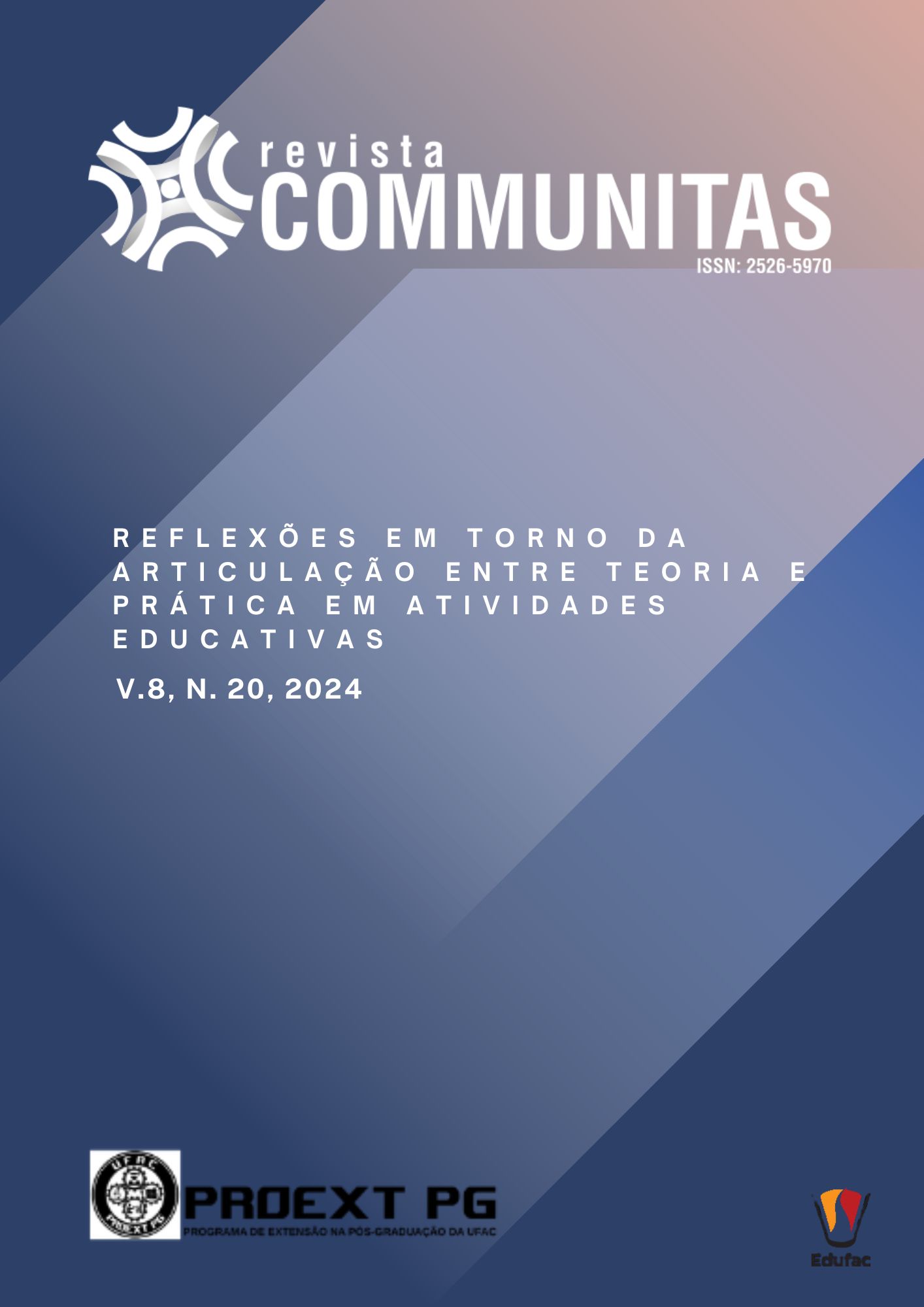A MARCAÇÃO XML-JATS NA PRÁTICA EDITORIAL DE UM PERIÓDICO DA EDUCAÇÃO
DOI:
https://doi.org/10.29327/268346.8.20-17Keywords:
AmeliCA, Ciência Aberta, Processo editorial, Rev.Pemo.Abstract
Academic publications face challenges in terms of scientific visibility, so the adoption of technologies such as XML-JATS is crucial for the accessibility and preservation of content. In 2016, the Marcalyc/AmeliCA tool, powered by Redalyc, a renowned indexer, was launched to facilitate XML-JATS tagging of articles. This standardization enables the interoperability and preservation of scientific content. The research describes the implementation of Marcalyc/AmeliCA in the journal Práticas Educativas, Memórias e Oralidade (Rev.Pemo), highlighting the importance of visibility and editorial efficiency. Using a qualitative action-research methodology, the study evaluated the operational efficiency and quality of the metadata, as well as analyzing the impact on the academic community. Making Marcalyc/AmeliCA free is essential for the sustainability of journals with limited resources. At Rev.Pemo, it promoted the democratization of knowledge, reinforcing the commitment to open access.
Downloads
References
AGUADO-LÓPEZ, Eduardo, BECERRIL-GARCÍA, Arianna.; MACEDO-GARCÍA, Alejandro. Redalyc and AmeliCA. An open infrastructure for advancing science as a global public good. Scientific Information System Redalyc and AmeliCA Open Science for Common Good, 2024. Disponível em: https://doi.org/10.5281/zenodo.11123534. Acesso em: 26 maio 2024.
BECERRIL-GARCÍA, Arianna. Panorama de las infraestructuras abiertas ante la Ciencia Abierta. Infraestructuras abiertas y sistemas de evaluación en Iberoamérica, v. 91, 2023. Disponível em: https://biblioteca-repositorio.clacso.edu.ar/bitstream/CLACSO/249213/1/Iniciativas-regulaciones.pdf#page=19 Acesso em: 18 jun. 2024.
CORREA, Lúcia; CHIARULLO, Francisco. LuXMeL: hacia la interoperabilidad Redalyc/AmeliCA-Scielo, v. 9, n. 1, p. 75-75, 2019. DOI: https://doi.org/10.24215/18539912e075. Acesso em: 24 maio. 2024.
GIL, Antonio Carlos. Como elaborar projetos de pesquisa. 5. ed. São Paulo: Atlas, 2010.
NASCIMENTO, Karla Angélica Silva do. Panorama das publicações científicas nacionais e internacionais sobre a aprendizagem móvel e a prática colaborativa. Educação & Formação, v. 4, n. 12, p. 207-229, 2019. Disponível em: https://dialnet.unirioja.es/servlet/articulo?codigo=7718934 Acesso em: 18 jun. 2024.
MINAYO, Maria Cecilia de Souza. Pesquisa social: teoria, metodologia e criatividade. Petrópolis (RJ): Vozes, 2012.
NISO. American National Standards Institute/National Information Standards Organization (ANSI/NISO). 2015. ANSI/NISO Z39.96-2015, JATS: Journal Article Tag Suite, version 1.1. Baltimore: National Information Standards Organization. Disponível em: http://www.niso.org/apps/group_public/download.php/15933/z39_96-2015.pdf. Acesso em: 26 maio 2024.
TRIPP, David. Pesquisa-ação: uma introdução metodológica. Educação e pesquisa, v. 31, p. 443-466, 2005. Disponível em: https://www.scielo.br/j/ep/a/3DkbXnqBQqyq5bV4TCL9NSH/?format=html Acesso em: 18 jun. 2024.
Downloads
Published
How to Cite
Issue
Section
License
Copyright (c) 2024 Communitas

This work is licensed under a Creative Commons Attribution-NonCommercial-ShareAlike 4.0 International License.
The Copyright for articles published in this magazine belongs to the author, preserving the rights of first publication for the Communitas Magazine. Because they appear in this publicly accessible journal, the articles are free to use, with their own attributions, in educational and non-commercial applications.




























